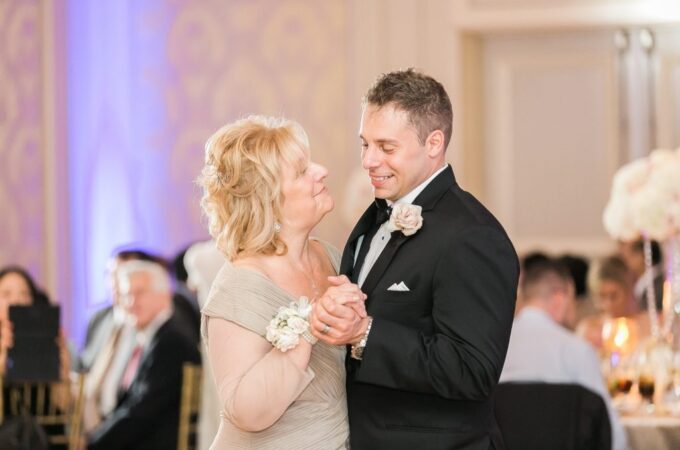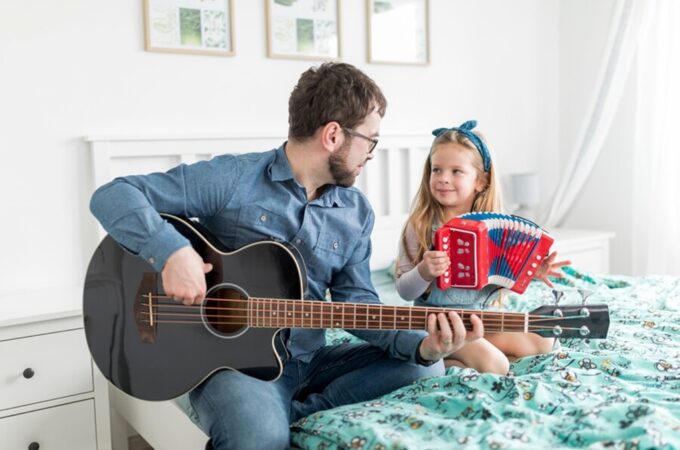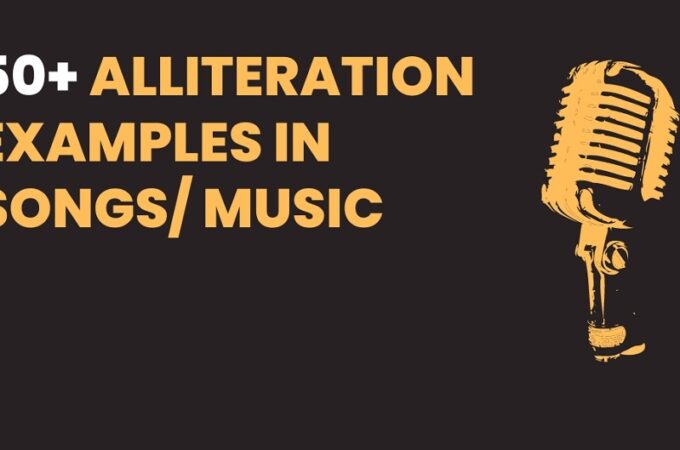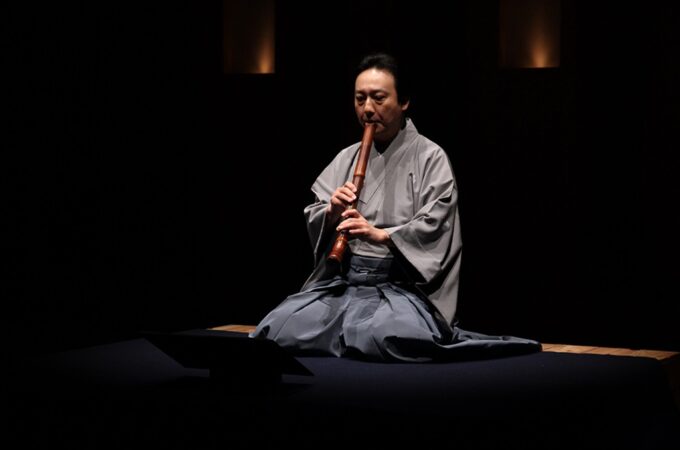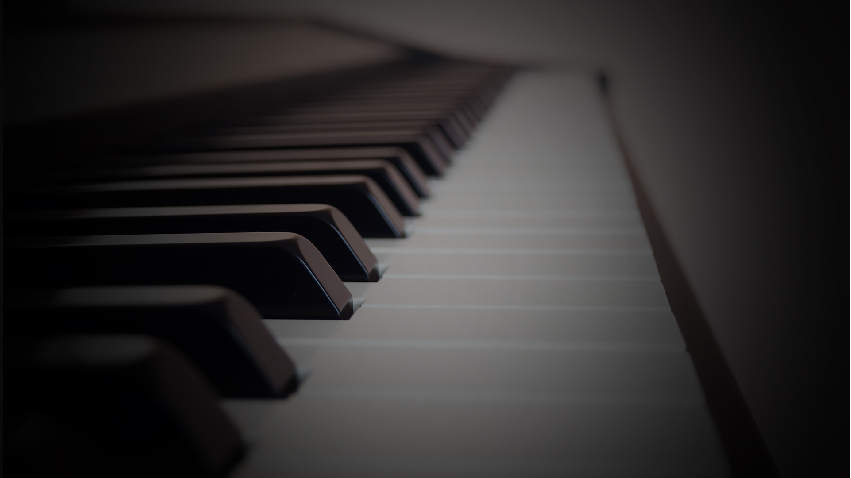
Four tips and techniques for playing the piano
The greatest satisfaction when starting to play the piano is seeing the results of the effort, surprising yourself every day when listening to the music that your hands produce with the keys. Learning to play the piano requires perseverance and a lot of practice; therefore, it is beneficial to know and apply tactics to get the most out of the time invested and maximize your progress with each practice.
Table of Contents
ToggleSet Clear Goals
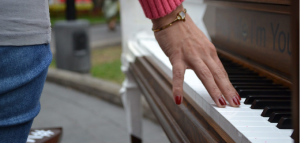
Set clear and measurable goals to get the most out of your practice. Determine the areas that need attention and focus on those, such as improving agility or finger speed. Once you have defined these goals, work on playing chords in arpeggio (play the notes of the chord one after another quickly) and practice specific scales.
Another goal you can set is to master a section of a piece that you find particularly difficult. The goal might be to be able to play it 10 times without making mistakes. Make sure you play in and out of the section so that when you play the piece together, it flows naturally. As we already mentioned, it is important that your goals are measurable. So that you can recognize your progress more clearly (Lane, 2019).
Warm Up
Although it may seem boring to you, warming up is very important as it avoids the risk of carpal tunnel syndrome and tendinitis. Only 10 minutes are necessary; In addition, warming up gives you the opportunity to achieve good “flow”, a state of mind where you are engaged and focused on a specific task, which helps you make maximum progress (10 piano tips to remember, 2019). Your music teacher can help you choose the most appropriate ways to warm up.
Practice Finger Movement And Hand Position
It is recommended to start playing with the right hand first and then move on to the other hand. Separate movements are easier to master and you can gradually work your way up using both hands. In fact, the conventional technique of practicing with the hands apart is commonly used by music teachers. After you have perfected this technique, you can move on to using both hands. Which improves coordination and improves your playing efficiency (Roussey, 2016).
Slow Down And Use The Metronome
There is a trick that many students use to master especially difficult pieces: Start at half the original speed and gradually increase this speed. You can slow down until you feel comfortable playing the piece perfectly. You may ask, how can I set the speed of a part? That’s what the metronome is for (10 piano tips to remember, 2019).
The metronome is an instrument that is used to measure the time of musical composition and accurately mark the beat; the mechanical metronome contains an inverted pendulum that swings back and forth and clicks each cycle, with a small counterweight that can be moved up or down the pendulum to adjust the beat; the electronic metronome indicates the beat with a sound or light signal or with both.
Avoid Distractions
Being able to have a piano practice without distractions gives you the possibility to enter a state of “flow” in which you are totally immersed in what you are doing. This focus helps you make faster progress and recognize and correct mistakes.
There are so many distractions that can affect your piano practice. Perhaps the main distraction is your phone through calls, messages, and notifications. Or the simple curiosity of checking your social networks to see if something momentous has happened, which is usually not the case! Put your phone on do not disturb mode or, even better, leave it in another room or keep it in your backpack.
You can also ask not to be interrupted during your practice. Finally, turn off the television or any other device that threatens to interrupt your practice (Lane, 2019).
Train Your Ear
Listening to professional pianists and paying attention to their work can help you improve your own technique. Playing by ear also allows you to improvise and gain inspiration to define your own style. And technique for the movement of your hands (Roussey, 2016). You can get inspiration from pianists by attending concerts and recitals or simply searching the Internet: “You must know what ‘great’ sounds like so you can sound great too” (10 piano tips to remember, 2019).
Try to imitate the piano solos that catch your attention and then try to improve them. This is how you get to know yourself as a pianist and discover what makes you special: “This is the opportunity to go from being great to being unique” (10 piano tips to remember, 2019).
Have Fun And Reward Yourself
Make sure you have fun during your practice. It is recommended that you start your session by playing a piece that you enjoy. Preferably something that you play very well. This tactic helps you start with a lot of confidence (10 piano tips to remember, 2019).
You may also be interested in THE 7 FIRST STEPS TO LEARN TO PLAY THE GUITAR

